Hong Kong's pro-democracy newspaper Apple Daily shuts amid severe crackdown from Beijing
Fri 25 Jun 2021, 09:38:39
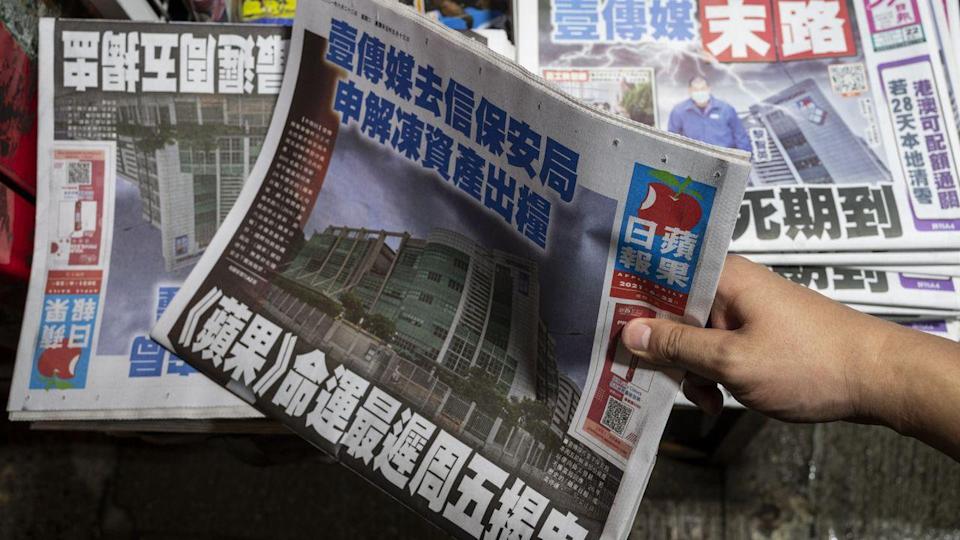
Hong Kong’s pro-democracy newspaper The Apple Daily published its last edition on Thursday as it was forced to end a 26-year journey amid a national security crackdown that froze the company’s funds.
The newspaper said it was forced to cease operations after police froze $2.3 million of its assets, searched its office and arrested five top editors and executives last week, accusing them of foreign collusion to endanger national security.
As per reports, the final edition of Hong Kong’s last remaining pro-democracy paper sold out in hours Thursday, as loyal readers bought all 1 million copies of the Apple Daily, whose closure was yet another sign of China’s tightening grip on the semi-autonomous city.
Last week’s arrests of the Apple Daily employees represented the first time the national security law had been used against journalists for something they published. Jimmy Lai, Apple Daily’s owner and staunch Beijing critic, has been in jail since December over unauthorized rallies during Hong Kong’s mass pro-democracy protests in 2019 and faces national security charges.
While pro-democracy media outlets still exist online, it was the only print newspaper of its kind left in the city. The pressure on the paper reflects a broader crackdown on Hong Kong’s civil liberties, ramped up after massive antigovernment protests in 2019 unsettled authorities. In response, they imposed a sweeping national security law — used in the arrests of the newspaper employees —
and revamped Hong Kong’s election laws to keep opposition voices out of the legislature.
and revamped Hong Kong’s election laws to keep opposition voices out of the legislature.
As a result, the dissenting voices have been almost completely silenced in the city long known as an oasis of freedoms on mainland China’s doorstep. The increasing restrictions have come despite China’s promise to protect Hong Kong’s civil liberties for 50 years after the city’s 1997 handover from Britain.
In the wake of the announcement of the paper’s closure, British Foreign Secretary Dominic Raab said authorities were using the national security law to curtail freedom and punish dissent, calling the paper’s closure “a chilling demonstration of their campaign to silence all opposition voices.” German Foreign Ministry spokesperson Maria Adebahr said the closure was “another sign that pluralism, freedom of opinion and freedom of the press in Hong Kong are subject to erosion.”
U.N. human rights chief Michelle Bachelet criticized Apple Daily owner Jimmy Lai’s detention who she said faced “negative consequences” for exercising his rights.
Beijing has dismissed such criticism as interference in its internal affairs, and Foreign Ministry spokesperson Zhao Lijian on Thursday lashed out at foreign officials who have criticized the legal actions against Apple Daily. “Press freedom is not an excuse of impunity and whoever disrupts Hong Kong has no extrajudicial privileges,” Zhao told reporters at a daily briefing.
No Comments For This Post, Be first to write a Comment.
Most viewed from International
Most viewed from World
AIMIM News
Delhi Assembly polls: Owaisi leads Padyatra in Okhla
Feb 01, 2025
We reject this Waqf Amendment Bill: Asaduddin Owaisi
Jan 30, 2025
Latest Urdu News
Most Viewed
May 26, 2020
Which team will win the ICC Men's Champions Trophy 2025 held in Pakistan/Dubai?
Latest Videos View All
Like Us
Home
About Us
Advertise With Us
All Polls
Epaper Archives
Privacy Policy
Contact Us
Download Etemaad App
© 2025 Etemaad Daily News, All Rights Reserved.


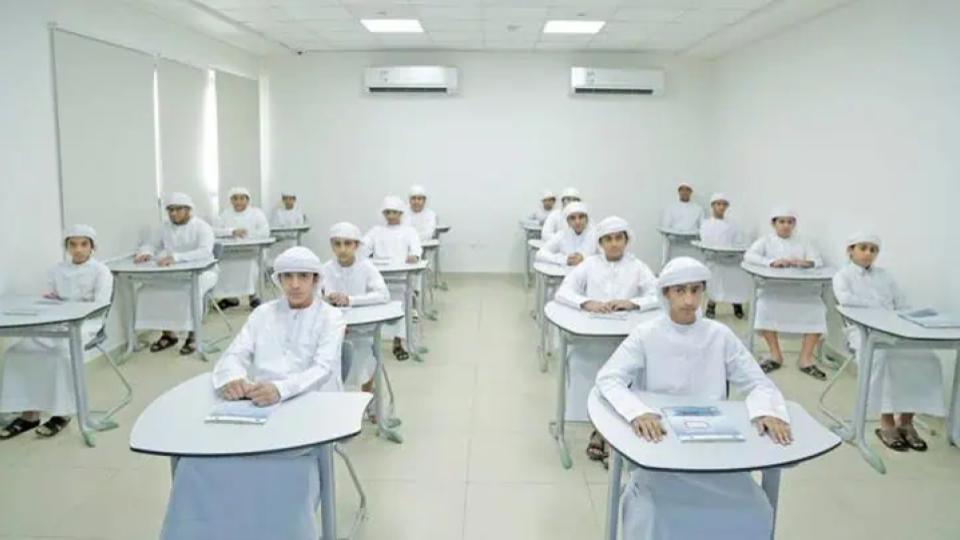
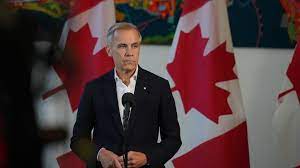
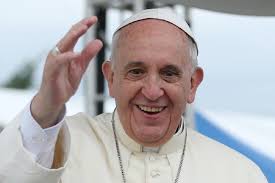


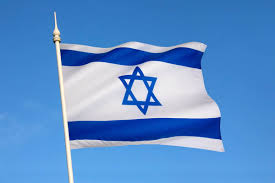
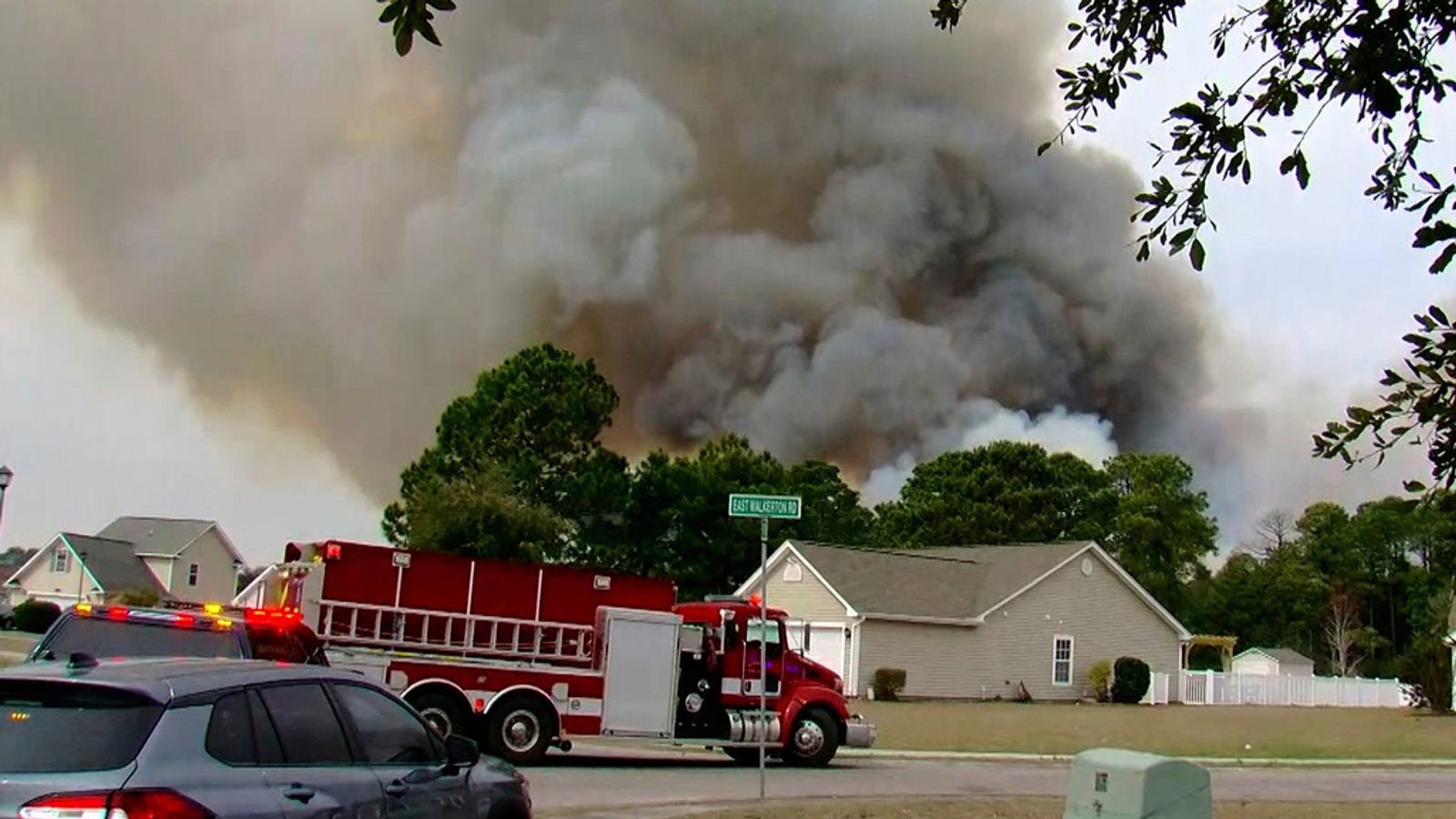
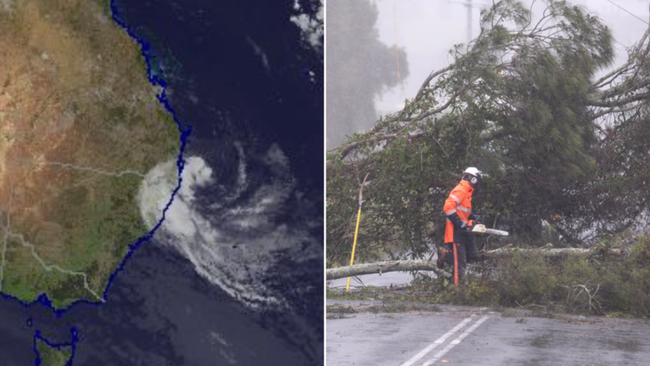
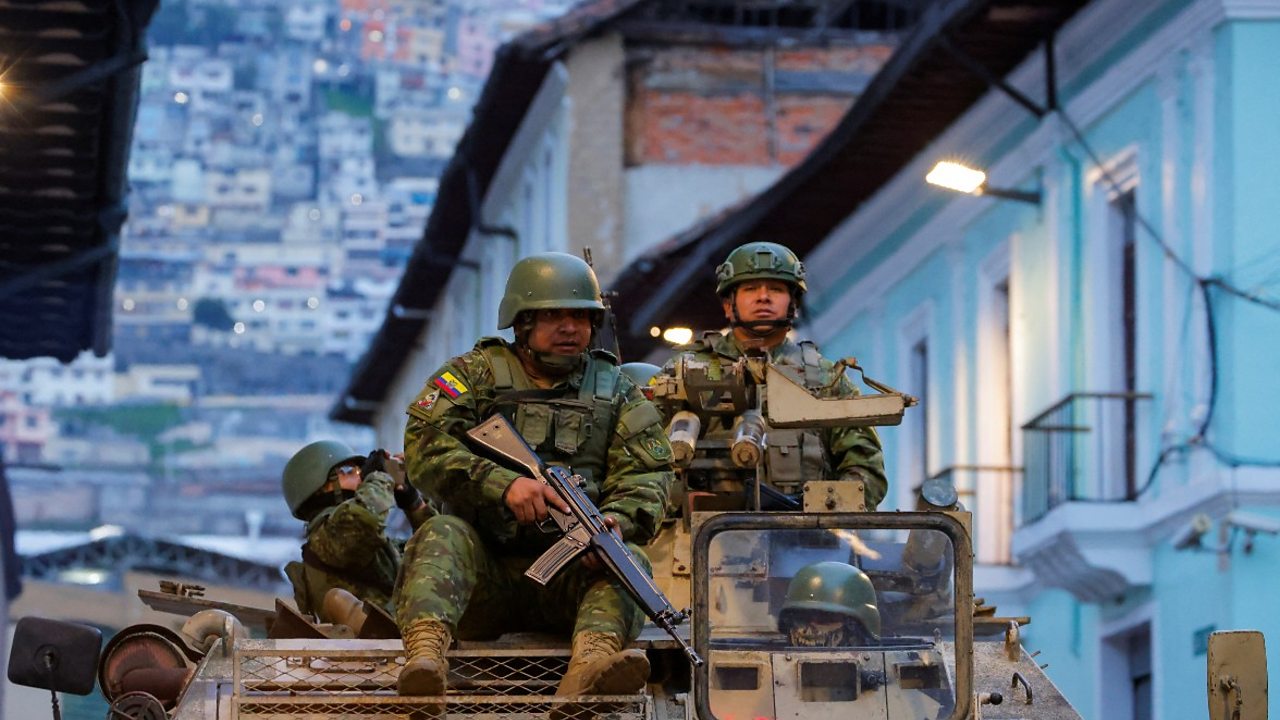

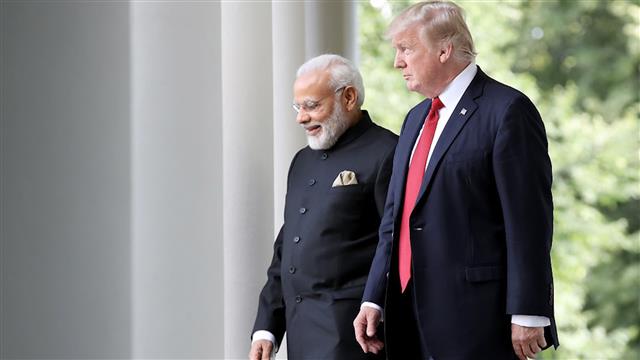


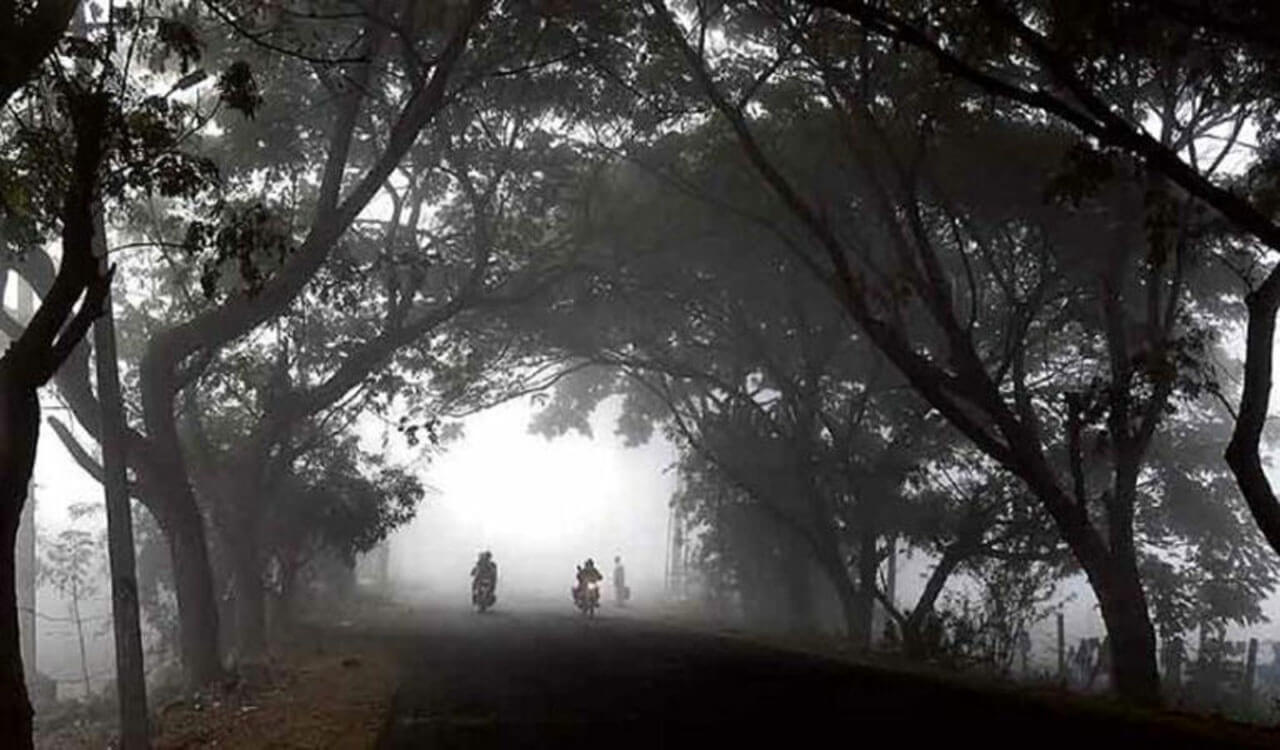

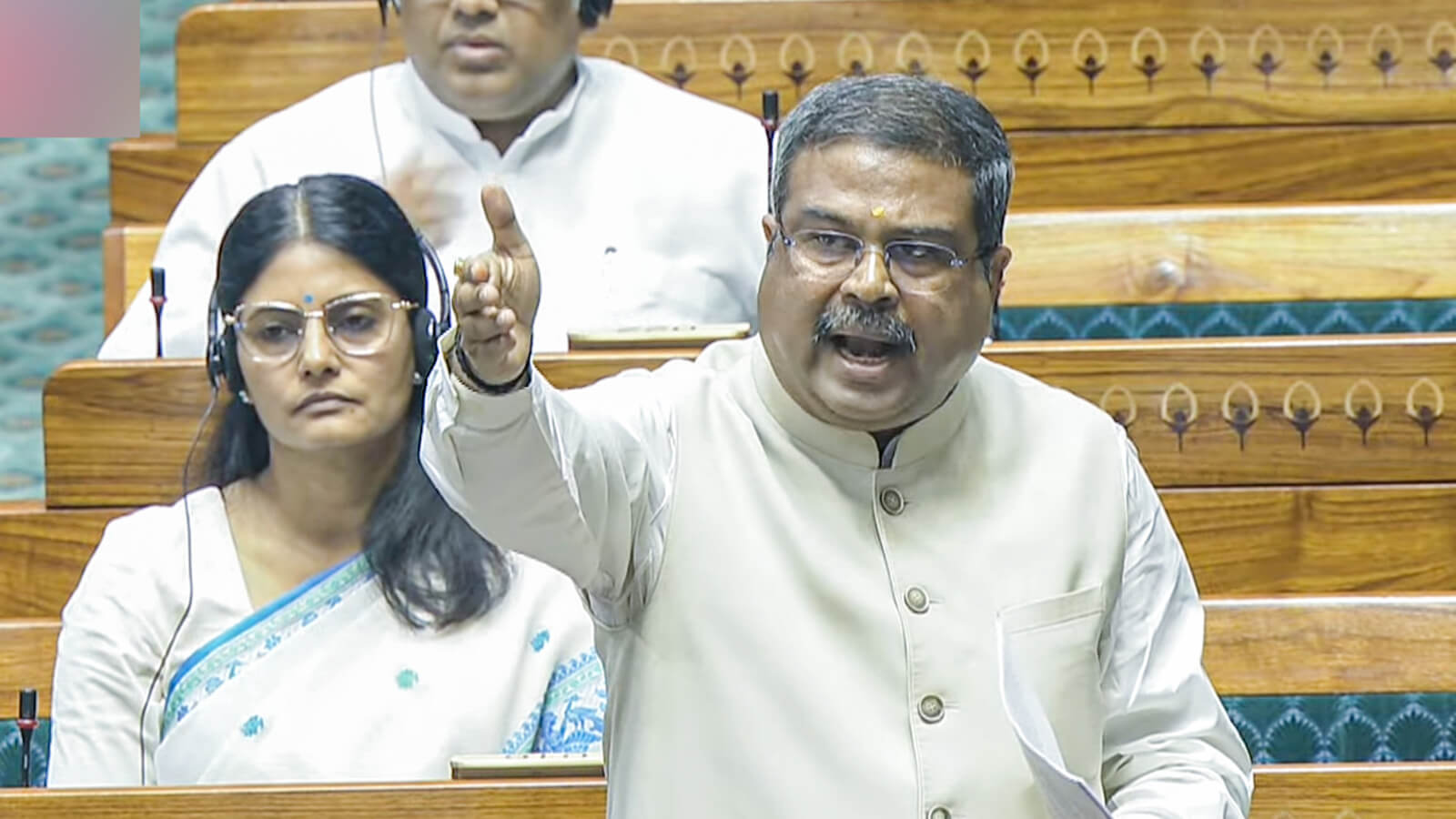
.jpg)
.png)
.jpg)
.jpg)
.jpg)
.jpg)
.jpg)

















